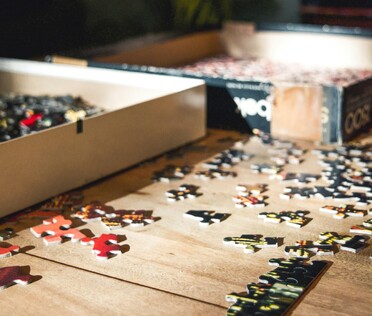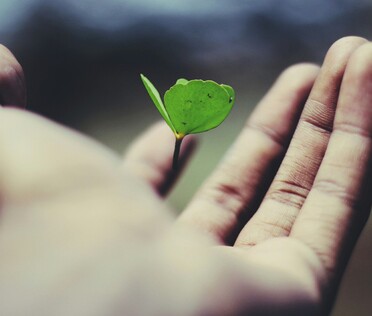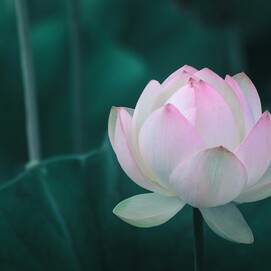WELLBEING TIPS
In order to thrive, we need to look after our health and wellbeing
As humans we all have some common basic needs to maintain our health and wellbeing. For example, good food, sleep, movement, positive relationships with others.
Just like a tree needs good soil, sunlight and water to grow and produce fruit, humans need regular care to stay well and thrive. Different trees also need different environments to reach their potential. For example, some need a lot of sunshine while others need more shade.
We will also have special things that are unique to us or our culture, that help us feel well.
Regularly taking good care of ourselves will help us to stay well and thrive.
Wellbeing Tips
It might be worth thinking about what is important to you, writing it down and seeing if you can try and find time to do these things regularly. Just changing one or two small habits can make a big difference.
Our family or elders may have also shared sayings, wisdom or practices which help us stay well or cope in difficult times. Do you recognise any of these from your culture?



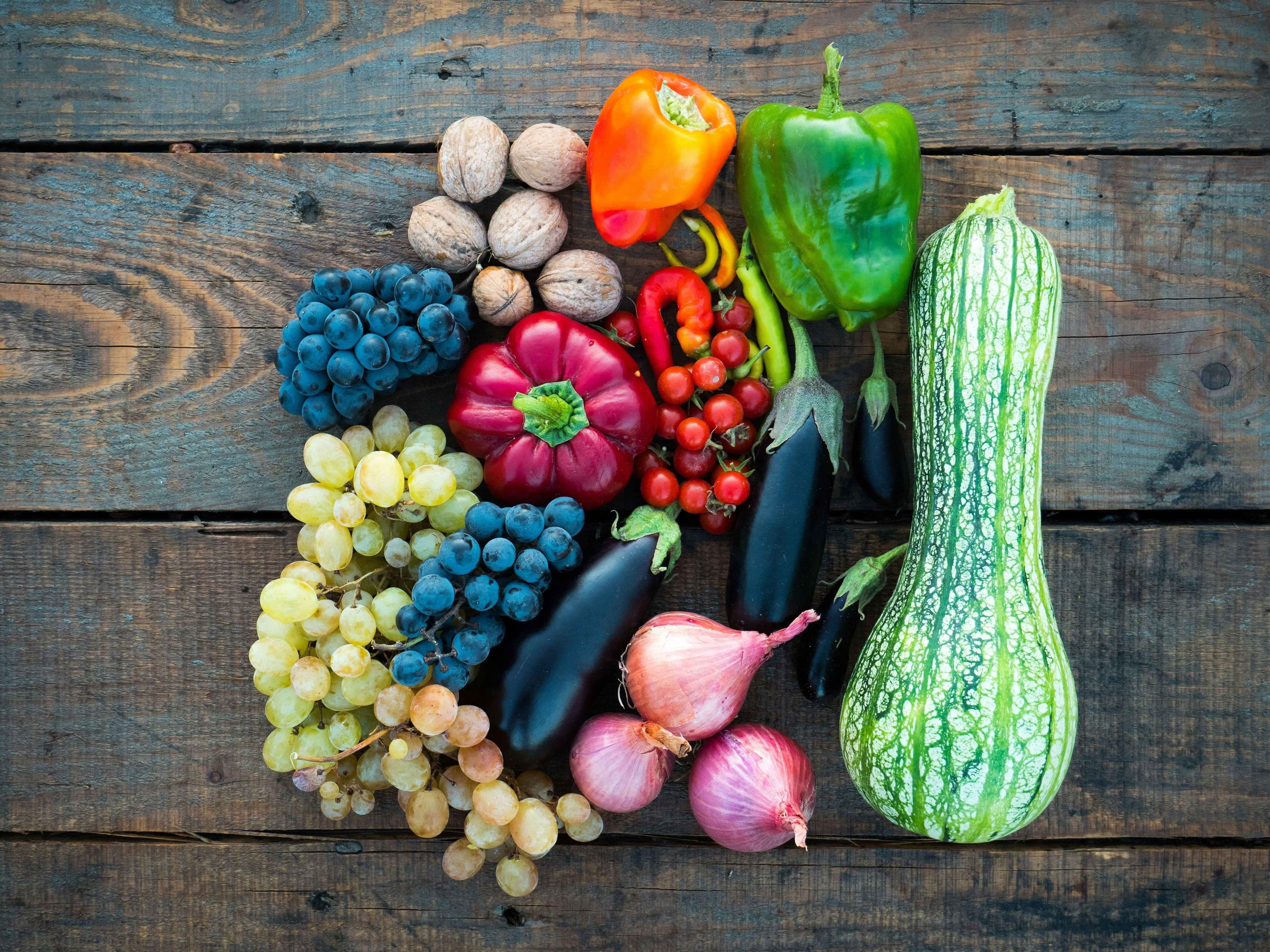
Food, Movement & Rest
When we take care of our body, it helps our mind too. You can do this by:
Eating a variety of foods regularly
Giving your body the nutrients and fuel it needs is important for staying well.
Moving your body
Go for a walk, dance, do some yoga, tai chi or vacuum your home. Whatever works for you. Moving your body releases feel good brain chemicals (endorphins) which can help relieve pain, reduce stress and improve your wellbeing.
Have you tried a Surya Namaskar (sun salutation) before? It takes less than a minute.
You could start with just one or two repetitions to start your day, and then slowly work up to what you can manage. Every little step makes a difference.
Making sure you are getting enough sleep and rest
Good sleep improves your health, mood and brain function. This helps you cope better with life’s daily challenges. If you are having difficulty sleeping, click here to get some tips to improve sleep.
The pressures of life, family and work can mean we often don’t find time to rest and take care of ourselves, which can lead to stress. Remember when you take care of yourself, you will be able to take better care of your family and responsibilities. Try and put aside a little time to rest and ‘recharge your batteries.’

People, Community & Culture
For so many people spending time with family, having a community, celebrating festivals and sharing food keeps us feeling engaged in life and connected to our culture. Being part of a community also provides a sense of safety and wellbeing as we can help others and know that when we need support, someone will be there to help us. In our home countries, we may have been used to living with our wider family, knowing all our neighbours and feeling like part of society.
Not having this can make us feel lonely and isolated.
Connection with other people, our culture and our community can make us feel better. Here are some things to try:
Talk to someone - talking to someone you trust and sharing your worries can make you feel better.
Call your and family and have a chat over the phone, Whatsapp or Zoom.
Invite friends over for a meal or a cup of tea and snacks
Reach out to others with similar interests and suggest doing something together, like going to a Zumba class or to see a movie.
Did you know even small daily interactions are good for us? Having a casual chat with the person at the supermarket checkout, saying hi to a neighbour or another parent at the school gates can boost our wellbeing. Leave the house and give yourself the chance to interact with other people.
Find community organisations in your area and go along to some events, or ask if you can help out in any way.
Think of how you can celebrate your traditions here. It may not be the same, but every little helps. There may be events happening that you can take part in.

Nature, Gratitude & Mindfulness
Nature and sunlight
Spending time in nature is good for our health. It makes us feel calmer and happier. In Aotearoa New Zealand we have so much natural beauty close by. Visit a park, walk around the lake, have a picnic by the river or visit the beach and let the waves wash against your feet.
Having some time in the sun can boost your vitamin D levels. Vitamin D is formed when our skin is exposed to outdoor sunlight (not sun through a window). People with darker skin, those who cover their skin or spend most of their time indoors and away from sunlight are at a higher risk of vitamin D deficiency.
Gratitude
Gratitude is when we feel, show or talk about the things in our life we are thankful for. Research shows that practicing gratitude can have a really positive effect on our life. It can help us have better relationships, make us feel happier and even feel like we have better physical health. Even if it’s difficult, trying to find things to be thankful for can improve our wellbeing.
How to practice gratitude:
Think about, talk about or write down three good things that happened in your day, or for which you feel thankful . They don’t have to be big. For example, you could have felt lucky to have hot water or that the sun was shining.
Thank someone else (including your children and family) for something kind or helpful they have done. You could thank them by telling them, send a card or text, or give a small gift (for example, some flowers from your garden, something you cooked). Or even leaving them a small note to make them smile.
Keep practicing gratitude, daily if you can. The more you do it, the easier it gets, and the better you will feel.
Mindfulness
Mindfulness is about paying attention to what is going on inside our bodies, or outside in our environment, in that moment in time.
Sometimes we can be so busy thinking about the past or what we need to do in the future, that we can forget to pay attention to the things around us in that present moment. Taking some time to pause and notice the world around us, or what is going on inside of our thoughts and bodies can help improve wellbeing. It can also give our minds a rest from the things we are worrying about and help us feel calmer.
How to practice mindfulness
Pause and take notice
Take some time to notice the things you can see, hear, feel, smell or taste at that moment. You can practice this anywhere and it only takes a minute or 2.
Try the 5-4-3-2-1 technique:
Stop and name:
5 things you can see -look for small details such as a pattern on the ceiling, the way the light reflects off a surface, the different colours on a flower.
4 things you can feel -notice how clothing or shoes feel on your body, the sun on your skin or the feeling of the chair you are sitting in. Pick up an object and examine its weight, texture and colour.
3 things you can hear -pay special attention to the sounds your mind has tuned out such as a ticking clock, distant traffic or trees blowing in the wind.
2 things you can smell -try and notice smells in the air around you, like an air freshener or freshly mowed grass. You could look for something that has a scent such as a flower or scented candle.
1 thing you can taste - what tastes do you have in your mouth? If you are eating or drinking something, focus your attention closely on the flavours, texture or temperature of the food/drink.
Focus on your breath
Deep breathing
Deep breathing is one of the best ways to lower anxiety and stress and feel calm. When we take a deep breath, it slows our heart rate and sends a message to our brain to relax. You can do breathing exercises anywhere and anytime. It’s really simple and also works really well.
Slowly breathe in for 4 seconds (you should feel your stomach expand). Slowly breathe out for 6 seconds. Repeat a few times.
Use the tool on this video to help you.
Remember, your stomach area should be moving more than the top of your chest.
If you feel a bit dizzy or light-headed, it you might be breathing too fast and too heavily. Try breathing a bit more gently and slowly.
Imagine that you are breathing out tension and with each out breath.
Start with a few deep breathes, and if it feels okay, slowly do more and build up to trying a few minutes a day, or whenever you are feeling stressed.
Nostril breathing (Nadi Shodhana)
Nadi Shodhana, or nostril breathing, is an ancient yogic form of breathing that is said to balance the left and right hemispheres in the brain and create a peaceful state of mind.
This video shows you how to do this.
Try and sit upright, with your back straight and shoulders relaxed
Take the right thumb and close the right nostril
Inhale slowly and fully through the left nostril, then pause.
Use the right ring finger to close off the left nostril.
Release the thumb and exhale through the right nostril.Pause.
Leave our fingers exactly where they are, and breathe in through the right nostril, then pause.
Use the right thumb to close off the right nostril.
Release the right ring finger and exhale through the left nostril. Pause.
That’s one full count.
Start with one count, and if it feels OK, slowly do more and build up to trying 5 minutes a day.
Did you know that doing yoga, tai-chi and pilates can also help you develop awareness of your breathing?
Meditation
Meditation has many benefits. It can ease anxiety, stress and low mood, and even help us get a deeper, more restful sleep.
Meditation can also bring a sense of calm that enables us to respond to life events in a more measured way, rather than reacting with our emotions.
Mindfulness meditation involves sitting silently and paying attention to your breath, how your body feels and noticing the sounds around you.
As you do this, thoughts will come into your mind. It is about noticing your thoughts without judging them and then gently bringing your attention back to your breath and body.
Some simple steps to start meditation:
Find a comfortable position.
Close your eyes
Breath as you normally would
Notice your breath going in and out. You can do this in a few different ways:
Say or think the words “breath in” and “breathe out” as you do this.
Visualise your breath coming into your body or leaving your body as you breath in and out.
Focus on the sensations you get when you breathe e.g. feeling the cool or warm air go past the skin as it comes in and out of your nose.
When you mind wanders off to think about other things, simply notice the thought and then gently bring your mind back to focus on your breath.
Don’t judge your thought (don’t think this is good or bad, right or wrong). Simply notice it and bring your mind back to breathing.
It gets easier with practice. Start with a few minutes and see if you can build up to 10 minutes a day.
Want to find out more?
Listen to this video that shares a bit more about Buddhist meditation.
Here is a guided meditation you can try.
Is mindfulness helpful for everyone?
Studies show that mindfulness can help with stress, anxiety and depression. More research is needed to show whether it helps with other mental health conditions.
Many people find mindfulness helpful, but it's not right for everyone. Some people find that it does not help them, or that it can make them feel worse.
If mindfulness doesn’t work for you, try some of the other wellbeing tips on this page.

Spirituality & Faith
Whatever your faith, religion or belief system is, taking some time to nurture your spirituality can help you stay well.
Some things to try:
You could connect with your local place of worship, for example a church, mosque or temple.
Take time in your day to pray or meditate, whatever feels right for you
Reading scriptures from your holy book
Other ways to nurture your spirituality:
Spending time in nature (trees, park, beach, forest, river, lake or gardening) . Or bring nature to you by growing something in your garden or a pot.
Helping others - think about how you can show some kindness or help someone.
Do something creative - such as painting/drawing, play an instrument, woodwork, sewing, writing a story or poetry, make something out of clay or play dough, baking, origami, or photography.
Use your senses
Did you know that you can change the way you feel through using your senses (what you see, hear, smell, taste and touch). Different things can activate your senses to either make you feel calmer, or make you feel more alert (or focused). Finding something that works for you can be helpful if you are having a bad day, feeling stressed or overwhelmed. Or if you simply need a little bit of extra calm or focus in your day.
Some things you can try, to see if they work for you:
When you want to feel more calm, try:
Hot bath/shower
Massage or deep pressure touch (hug, heavy blanket on your lap).
Slow leisurely walk
Slow rhythmic music
Soft low lights
Herbal tea (without caffeine)
Chewing gum
Chewy or crunchy food or candy
When you want to feel more alert, try:
Cold/cool shower or bath
Light touch (something lightly touching against your skin)
Fast, power walk
Fast and upbeat music
Bright/ flashing lights
Coffee, tea (with caffeine)
Biting something cold (e.g. popsicle)
Sour or spicy food or candy
There may be particular sights, sounds, smells, tastes or materials/textures that make us feel more comforted because they are familiar to our culture or remind us of home.
Below are some things that our communities told us helped activate their senses and made them feel better:

Drinking tea:
Chai
Matcha,
Omija-cha
Rooibos
Green tea
Maesil-cha
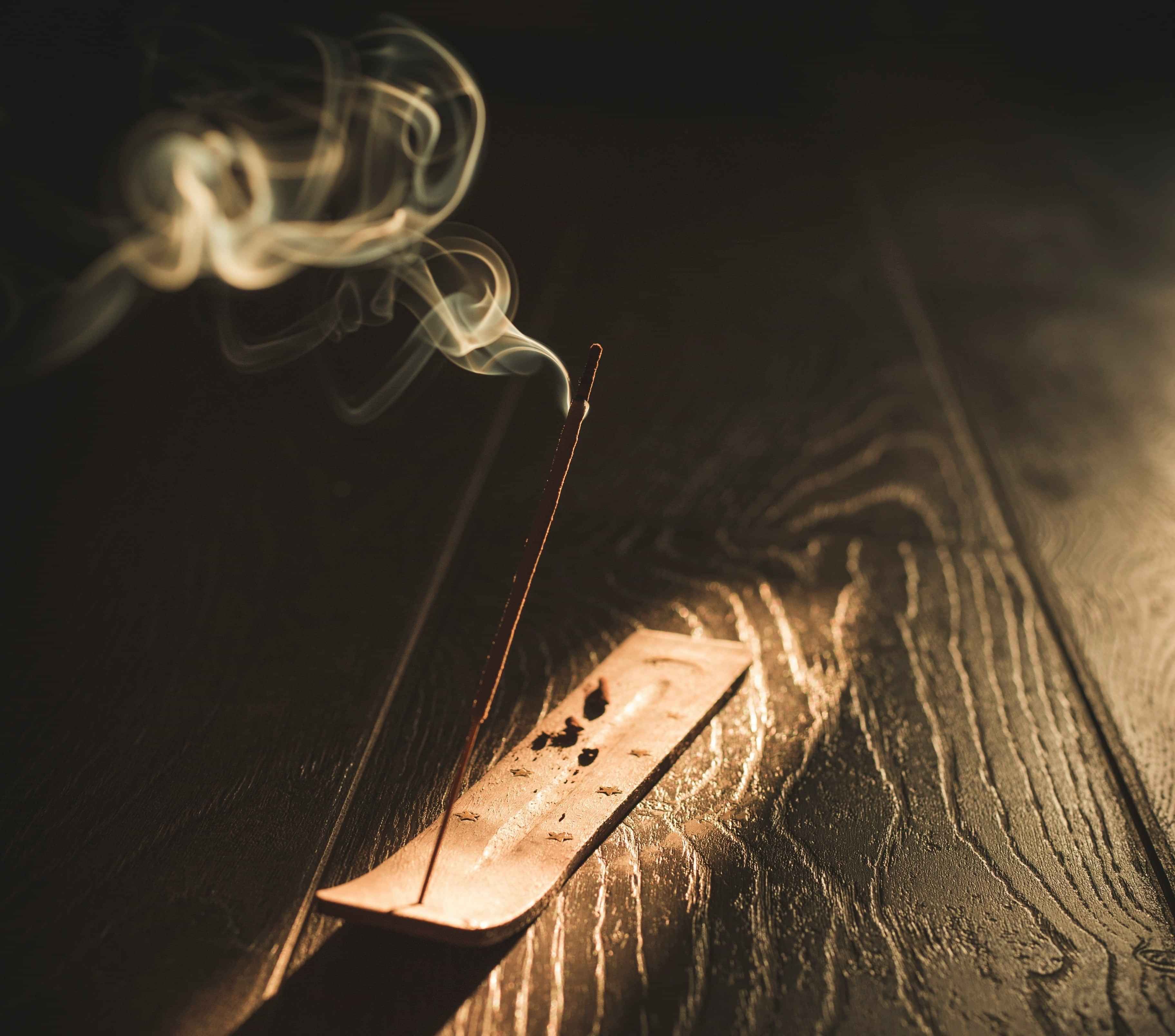
Lighting incense:
Agarwood
Sandalwood
Masala
Bakhoor
Frankincense
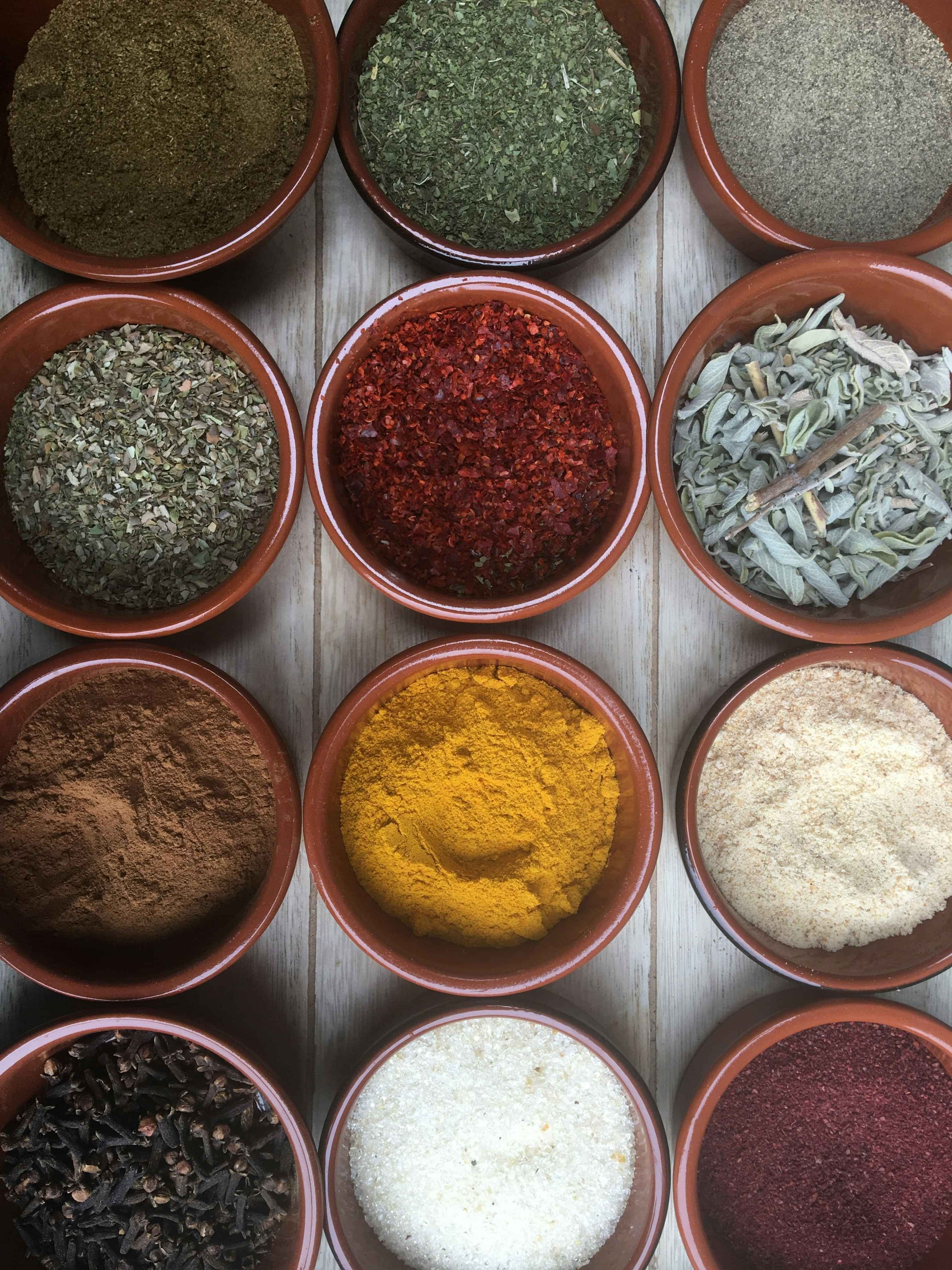
Taste and smell of:
Chilli
Ginger
Cumin
Saffron
Cinnamon
Vanilla
Jasmine
Lotus
Hibiscus
Coffee beans
Oregano
Rice

Hearing:
Traditional Korean Bamboo flute
Drums
Maracas
Shakers

Looking at or using:
Silk
Wool
Sari
Origami paper
Sand
Woven baskets
Woodcarving
Items made from beads
Mosaic
Pottery

Seeing and feeling:
Kokeshi dolls
Chopsticks
A fan
Prayer items
Buddha
Ganesh
Photos of home or loved ones
Worry dolls
Some things may not work for you, or have the opposite effect (they may remind you of a time that wasn’t good). Once you know what works well for you,
you can use it to help you when you need a little calm, comfort or motivation in your day.
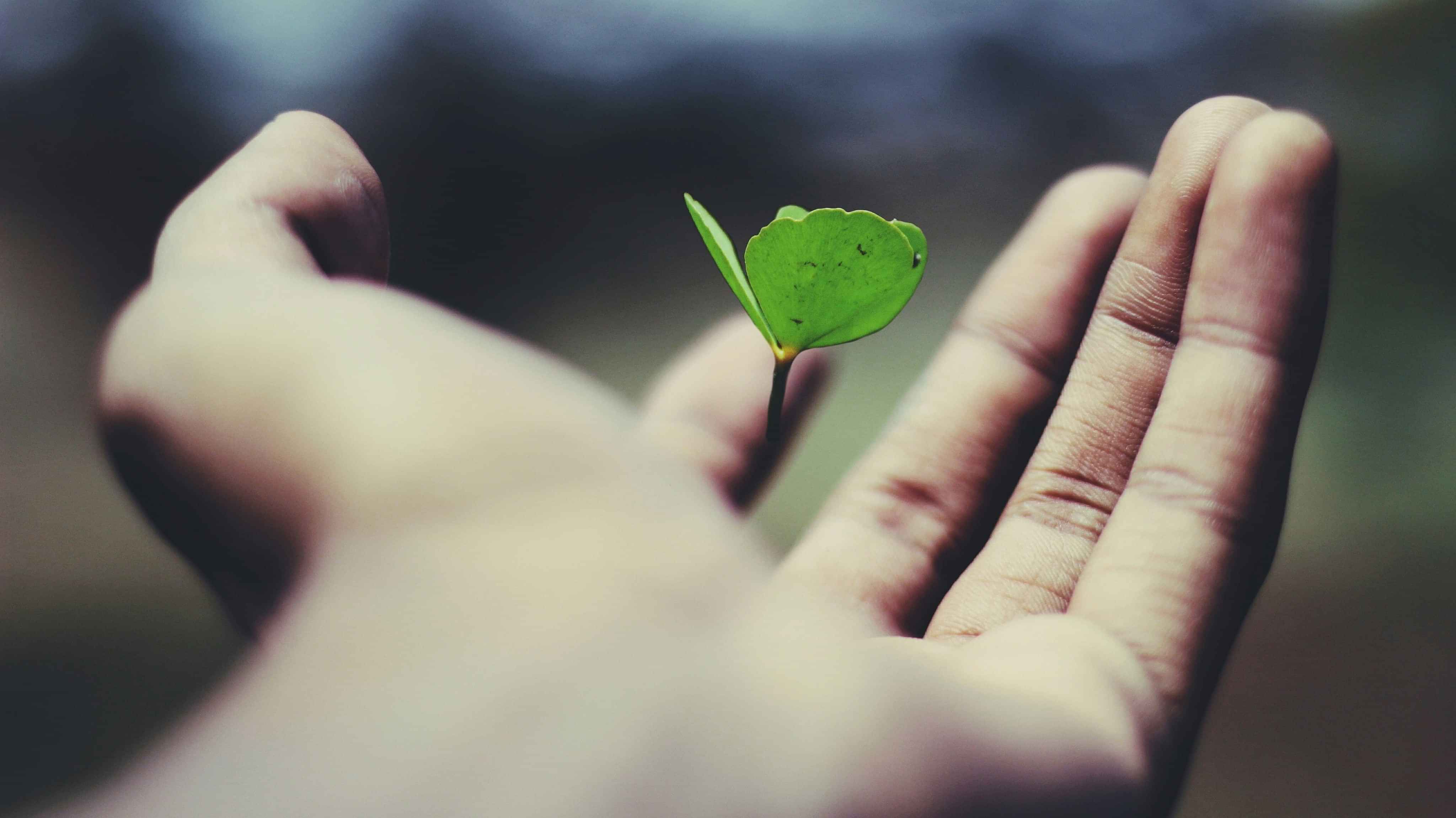
Grow, Learn & Find Purpose
Find a purpose
Have you heard of the term “Ikigai?’ It is a Japanese concept about having a purpose, or a reason to wake up in the morning.
Feeling like we have a sense of purpose can give meaning to life and improve our wellbeing. When we lack purpose, we might start to notice a decline in our mental wellbeing. For example, when we are not able to work or find a job, or when our children grow up and no longer need our help as much.
“When my children went to school, I felt lost and didn’t know what to do.”
Finding something that motivates you to get up in the morning gives you a sense of purpose.
When trying to work out what might give your life purpose, start by asking yourself these few questions:
What is important to me, what do I value?
What is something I feel passionate about, or care about?
What gives my life meaning?
What goals can I set myself, and what small actions can I take to achieve my goals?
What is meaningful and purposeful will be different for everyone. Your sense of purpose can change over time. It doesn’t have to be something big, you can find purpose through things you do in your daily life.
Learn something new
Research shows that learning new skills can improve your mental wellbeing. Learning something new also increases your confidence and makes you feel better about yourself. It also helps give you a goal and sense of purpose.
When we spoke to our community, they told us they really enjoyed studying and taking a class because it helped them get to know other people and feel like a part of the community.
You are never too old to learn something new, don’t let your age stop you.
Things to try:
Cook a new recipe
Learn more about your culture, or another culture
Try a new hobby such learning to paint or knit, or playing an instrument.
Visit a new place in your town
Ever thought of volunteering? Being a volunteer can help you feel part of the community, learn new skills and help you meet new people. Plus helping others can also make you feel good.
Learning something new can sometimes feel challenging and uncomfortable. Stepping out of your comfort zone may feel hard at first, but once you achieve it, you will feel the positive benefits.




